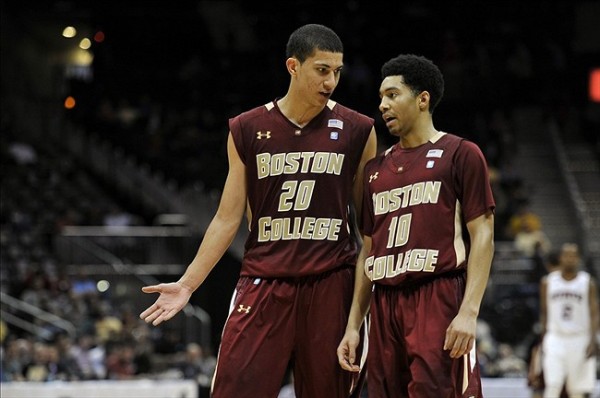Study Claims That Conference Realignment Leads to Academic Benefits
Posted by EJacoby on June 11th, 2012It’s widely assumed that conference alignment in the NCAA is all about money and prestige. Schools change conferences in order to gain more media exposure, profit from lucrative TV deals, compete against higher competition, and boost their ‘cachet’ in the college sports realm. But a new study from some graduate students at Georgia claims that colleges who change leagues often benefit scholastically in terms of an increased number of higher-quality applicants. There’s often a correlation between athletic success and admissions at an institution, but this study’s findings indicate a more specific relationship between conference changes and academics, having nothing to do with actual success on the field. A sample of their thesis is presented here, and there’s much to debate in terms of the validity of their claims. But it’s quite an interesting study that could have an impact on conference realignment, at least in terms of its public perception.
The paper, entitled “On the Move: Is Athletic Conference Realignment an Opportunity for Academic Gain?” studies 32 colleges that changed conferences between 2004 and 2011. The results show that many of them benefited academically from the switch, becoming more selective from a wider range of higher-quality applicants. ACT scores of incoming students increased by an average of .29 points at schools that changed conferences. Is this number significant enough as a real improvement or is that number just statistical noise? However, other numbers added up, such as 130 additional applicants every year across all schools yet a three percent decrease in acceptance rate, suggesting a more selective admissions process. Additionally, five percent more accepted students enrolled at these schools, showing an improved desire for kids to attend these colleges.











































